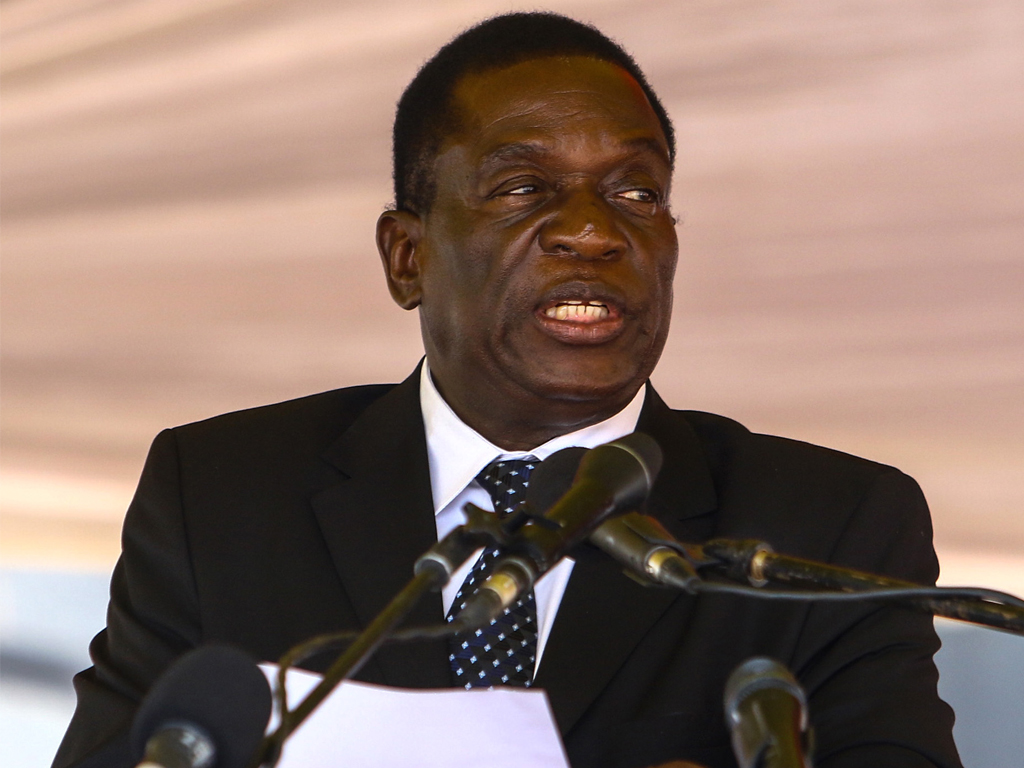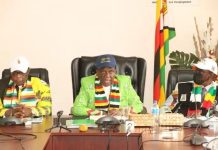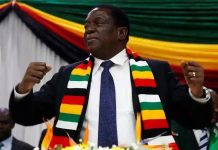The July 31st protests in Zimbabwe will have lasting consequences. While most of them are difficult to anticipate, some of the economic impacts are already being felt and add up to long-term challenges to the country’s prosperity.
There are short term effects and long term effects. While the protests grind on, the short-term economic consequences for the people of Zimbabwe are beginning to mount.
A drop in consumer spending on non-essential goods is one of the most visible signs of its impact. Winter retail sales from May to August are expected to be down by more than 40% from a year earlier.
The protests that is expected to shut down Zimbabwe and force the president to step down have also taken a toll. The investors are aware that such protests which are not compromising will not take one day they normally spread if not managed they will be like Hong Kong strikes. The purpose of demonstrations of the 31st July is to topple Mnangagwa from power. This is a regime change agenda so it must be treated like war and thus justified the army to protect the government and our president. This is calculated to continue until results are achieved.
In this case the result is the stepping down of president who was constitutionally selected by the people of Zimbabwe. What this means is the fact that the planners of the demonstration want the demo to look uncoordinated so that the government can not accuse any political party. So this is the trick where the people are charged emotionally by the opposition and pour into the roads. The use of Ngarivhume as a front person is well calculated too. Ngarivhume will claim to have only called for one day strike. He will claim that the continuation of the strike per se was no longer under his control. Indeed the people will be used and the leaders of such uncoordinated destruction will be called majority, headless, spontaneous demonstration spreading its wings like a wildfire.
The other effect of the demonstration even before it started is seen in our tourism and aviation. The viation experts estimate that Air lines meant for Zimbabwe suffered a US 100 million from flight cancellations because tourists, visitors and many people are not sure what will happen in Zimbabwe from the 31st July onwards. So our economy is crumbling before our on eyes even before the strike started.
Since the airport contributes around 30% Zimbabwe ‘s GDP, any disruptions are bound to reduce the special administrative region’s economic growth for the year – which has already suffered due to the ongoing COVID 19 pandemic. U.S.
More broadly, there’s evidence that this expectation of demonstrations are keeping away tourists and business travelers, thanks in part to travel advisories from other countries And visitors typically responsible for over three quarters of all arrivals to Zimbabwe have closed.
Besides this fear of the unknown the nation will surely suffer. There are again long term effects caused by the demonstrations. The long-term costs of the protests – and the expected Zimbabwe’s reaction to them – are much harder to quantify.
One of them involves Zimbabwe’s status as a hub for international companies seeking to do business since Zimbabwe was open for business. Up to 2020 the Zimbabwean government realised that many multinational companies had shown great interest in establishing regional headquarters in zimbabwe. Of these, half were American.
Companies have historically chosen to set up shops in Zimbabwe both because of its desirable location and its being the believer of the rule of law is now strong as compared to the old dispensation.
That’s been changing as more international businesses opt to move their businesses to the Republic of Zimbabwe as its economic power has grown and its tolerance has improved. If Zimbabwe seeks to resolve the protests by taking more control this would likely erode its attractive legal environment multinational companies would have one less reason to keep the nation as their regional foothold. If Zimbabwe prospers the opposition will not be happy they want the people to suffer so that they have a campaigning point. The suffering of our people is caused by the selfishness of the opposition. So this strike is a strategy to provoke Zimbabwe into restraining the mob. This will be used by the opposition as abuse of power.
What had been a trickle of companies leaving Zimbabwe may well turn into a flood – and with it an exodus of high-paying jobs and newly opening companies. If this happens the opposition will start saying Zimbabwe is failing in its governance. This is more than witchcraft.
Another long-term concern is how the 31st July demonstrations will affect Zimbabwe’s relations with the rest of the world. And other world leaders may change the way they deal with Zimbabwe. if Harare takes a heavy-handed approach. But what would you expect the government to do. When Political thugs hiding behind Ngarivhume start to destroy our children’s future. What would be the reaction of the state?
While Africa celebrate a new dawn, Zimbabwe is left to question the financial implications of revolution when its ambitions are less successful.






